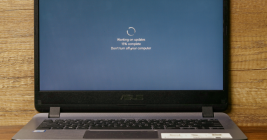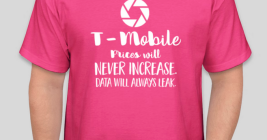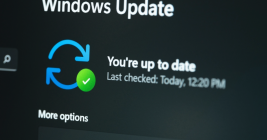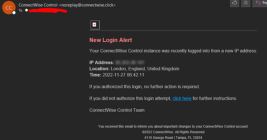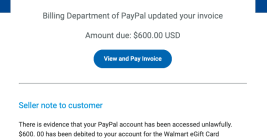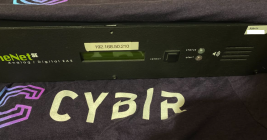Microsoft Patch Tuesday, February 2023 Edition
Microsoft is sending the world a whole bunch of love today, in the form of patches to plug dozens of security holes in its Windows operating systems and other software. This year’s special Valentine’s Day Patch Tuesday includes fixes for a whopping three different “zero-day” vulnerabilities that are already being used in active attacks.



